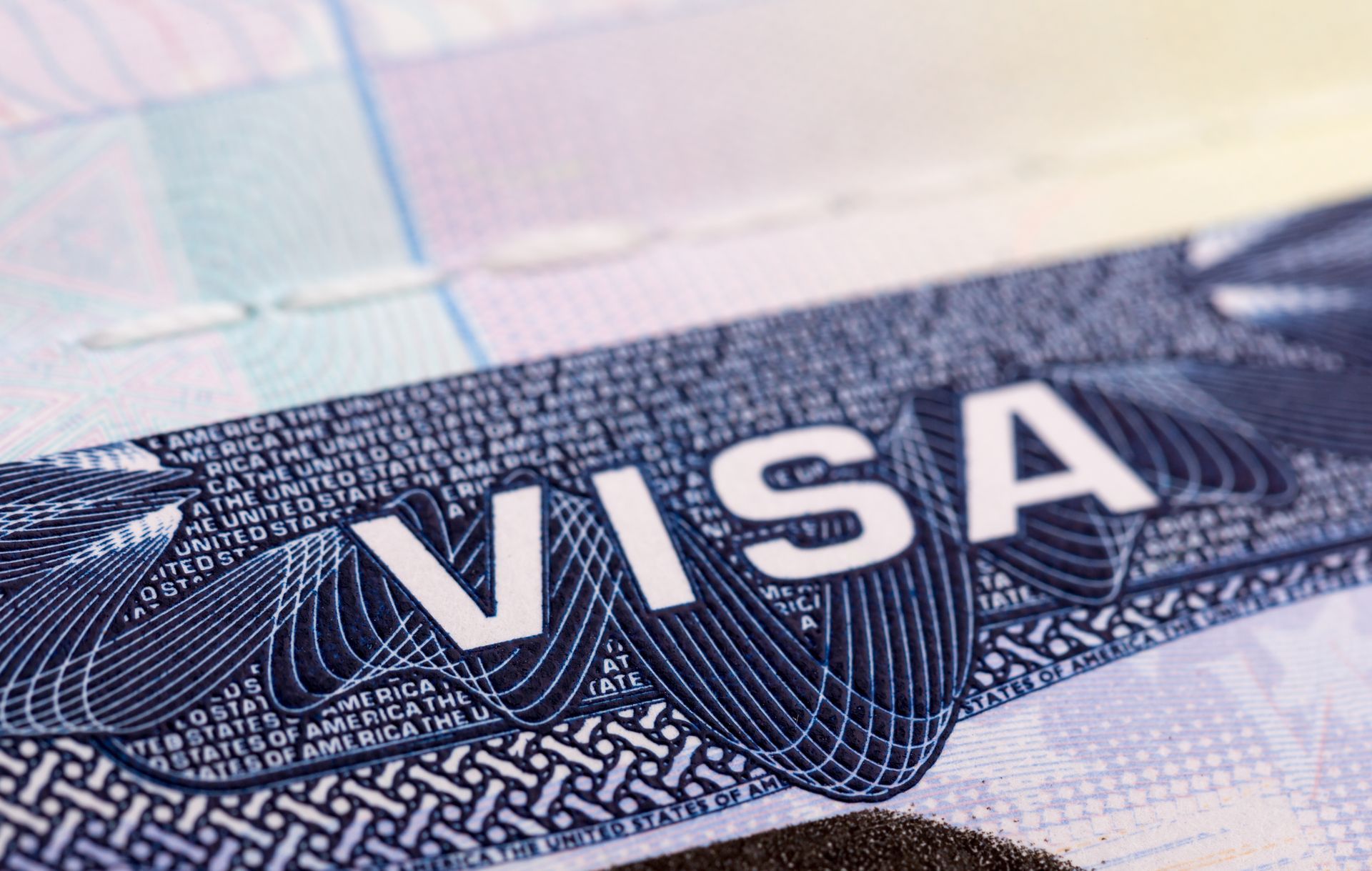RECENT ARTICLES
LEGAL SERVICES
By: Jennifer Fabian-Verzosa, Esq.
THIS ARTICLE EXPLORES WHETHER APPLICANTS FOR U.S. CITIZENSHIP CAN BE A DUAL CITIZEN OF THE UNITED STATES AND ANOTHER COUNTRY.
You filed your N-400 Application for Naturalization, and are excited about becoming a United States Citizen soon. You now wonder, ‘Will I automatically lose my original citizenship when I become a U.S. Citizen?’
The answer is, it depends on your country.
What is Dual Citizenship?
Dual citizenship (or “dual nationality”) is a legal status of being a citizen of multiple countries at the same time.
Not all countries allow dual citizenship. For some countries, when you naturalize or become a citizen of another country (such as the United States), you immediately lose your former citizenship.
For other countries, losing your birth citizenship is not automatic. Some countries permit you to retain and confirm your birth citizenship by taking an oath during a certain time period after you become a citizen of another country. Re-confirming your citizenship with your former country will enable you to be a dual citizen of that country, and also the United States. However, not all countries have this type of process available.
Does the United States allow Dual Citizenship?
Fortunately, the United States permits dual citizenship. There is no specific U.S. law that prohibits dual citizenship. That means you only need to find out if your birth country allows you to retain your citizenship when you naturalize. The U.S. has no problems with dual nationality.
Where can I obtain more information?
It is a good idea to research the dual citizenship laws of your country, to see if becoming a U.S. citizen could result in you losing your original citizenship. One place to start is to contact your country’s embassy. Most countries have a few embassies all over the United States to help its citizens living in the U.S. with any questions or issues they might have. For example, if you are a Filipino citizen, you can contact the Philippine Consulate General in Los Angeles, CA.
Below is a summary of some countries’ current views on Dual Citizenship.
It is important to consult with your country’s consulate to determine whether becoming a U.S. Citizen would result in you losing your birth citizenship. Even for those countries that permit dual citizenship, it is still a good idea to consult with your country’s consulate to find out if you must take any action to re-confirm your birth citizenship after becoming a U.S. Citizen. Some countries require you to do this within a critical time period after naturalizing.
- PHILIPPINES
Can I be a dual citizen of the Philippines and the U.S.?
The Philippines allows dual citizenship for natural-born Filipinos who acquired foreign citizenship through naturalization. This is covered by Republic Act No. 9225, also known as the Citizenship Retention and Reacquisition Act of 2003. Contact a Philippines Consulate to confirm the process.
- MEXICO
Can I be a dual citizen of Mexico and the U.S.?
Mexico allows dual citizenship. This has been permitted since 1998 under the Mexican Nationality Law.
- JAPAN
Can I be a dual citizen of Japan and the U.S.?
Japan generally does not allow dual citizenship. Japan follows a system known as jus sanguinis (right of blood), which means that Japanese nationality is primarily determined by parentage. If you acquire another country’s citizenship through naturalization, you will typically lose your Japanese citizenship automatically. There are some limited exceptions, such as for children born abroad. Contact your nearest Japanese embassy or a Japanese lawyer to discuss your specific situation and explore any options you might have.
- UNITED KINGDOM
Can I be a dual citizen of the U.K. and the U.S.?
The UK permits dual citizenship. While it does not have a specific law that explicitly allows dual citizenship, there is also no law prohibiting it. This means that the UK recognizes the right of its citizens to hold citizenship in other countries.
- SOUTH KOREA (REPUBLIC OF KOREA)
Can I be a dual citizen of South Korea and the U.S.?
South Korea allows dual citizenship, in certain circumstances. There is no single law in South Korea that explicitly allows dual citizenship. However, South Korea's Nationality Act lays out the framework for acquiring and retaining Korean citizenship. This act, combined with interpretations by the Ministry of Justice, may allow for dual citizenship in certain situations, such as to children born abroad. Contact your nearest Korean embassy or a Korean lawyer to discuss your specific situation and explore any options you might have.
- GERMANY
Can I be a dual citizen of Germany and the U.S.?
On June 27, 2024, Germany changed its laws regarding dual citizenship. Germany now allows dual citizenship, as long as the other country also permits it. The new law is called the Act on the Modernization of the Citizenship Law (StARModG).
- JAMAICA
Can I be a dual citizen of Jamaica and the U.S.?
Jamaica allows dual citizenship. There is not a specific Jamaican law that explicitly allows it, but the Jamaican government’s Passport, Immigration and Citizenship Agency (PIC Agency) states that Jamaica accepts dual nationals. Contact a Jamaican Consulate or the PIC Agency to confirm.
- ITALY
Can I be a dual citizen of Italy and the U.S.?
Italy allows dual citizenship, as long as the other country also permits it. The relevant law is Italian law 91 of 1992.
Becoming a U.S. Citizen is a memorable and exciting process. Having an immigration attorney on your side every step of the way can make the application experience feel more manageable and less stressful. Our professional IMMIGRATION LAW OFFICE is experienced in guiding applicants through the naturalization process. We will help determine your eligibility for U.S. Citizenship, prepare and monitor your application, and help you practice your interview.Email or Call us today: (619) 431-2407 | 1-888-623-5444 (Toll-Free Nationwide)
________________
*For Article Requests, Republications, or Speaking Engagements, please email: jennifer@law-jf.com
Share this article:
LEARN ABOUT OUR IMMIGRATION SERVICES:
** Jennifer Fabian-Verzosa, Esq . is the founding attorney of the Law Office of Jennifer Fabian-Verzosa , an immigration law practice that provides local and remote immigration assistance to clients throughout the U.S. and worldwide.**
________________________________________________________________________________
DISCLAIMER : This blog provides general information and is not intended to be legal advice. Use of the information does not establish an attorney-client relationship. Any information mentioned does not guarantee or predict outcomes in future cases. Some of this information may be outdated. Please consult an attorney before acting on any material. Please do not submit any time-sensitive or confidential information in the comments below. Any information you send may be publicly-visible and is not protected from disclosure. Jennifer Fabian-Verzosa is the attorney responsible for the content and material on this blog. She is licensed in D.C. and HI, and exclusively practices immigration law in federal jurisdictions.
The post 'Do I Lose My Original Citizenship When I Become a U.S. Citizen?' appeared first on Law Office of Jennifer Fabian-Verzosa.








